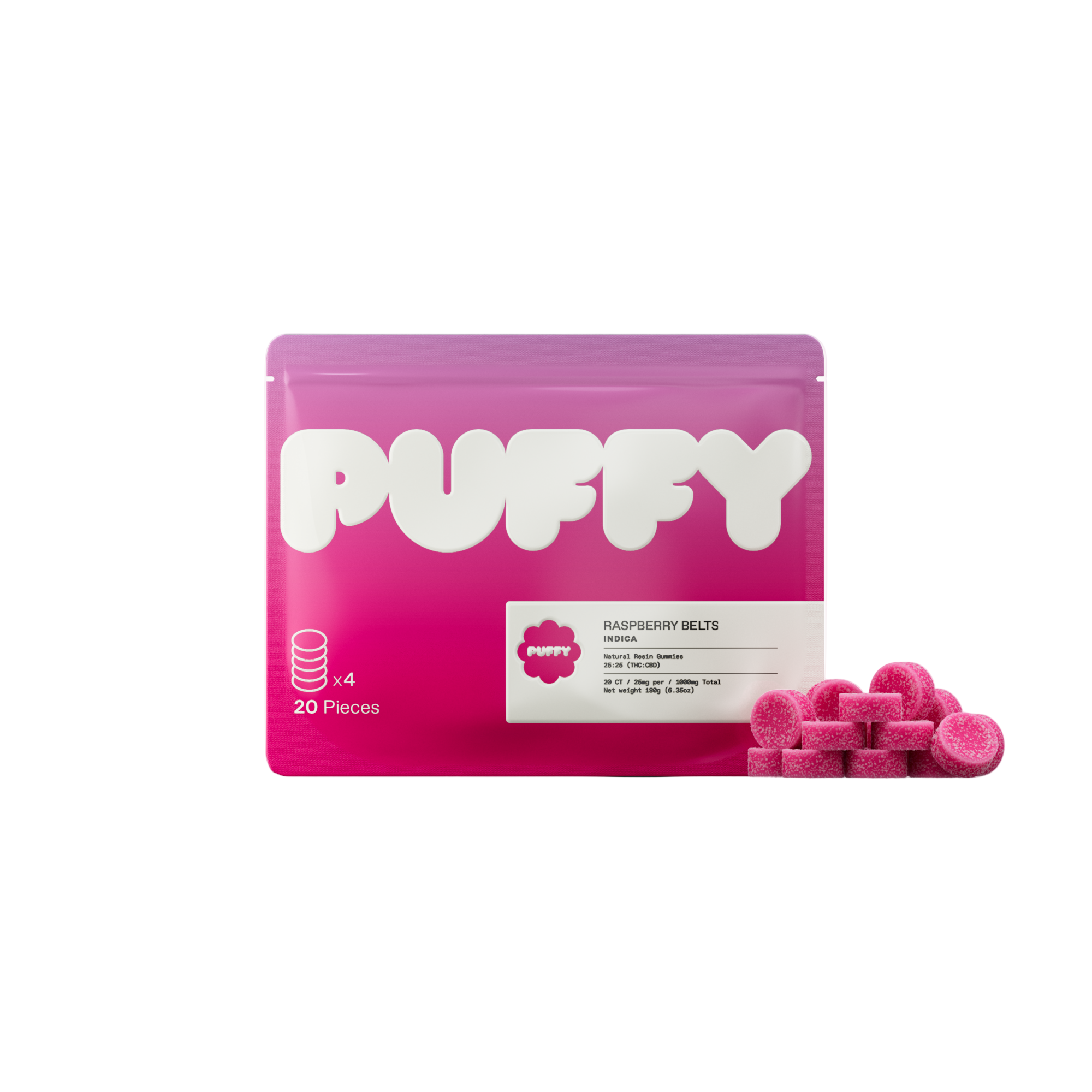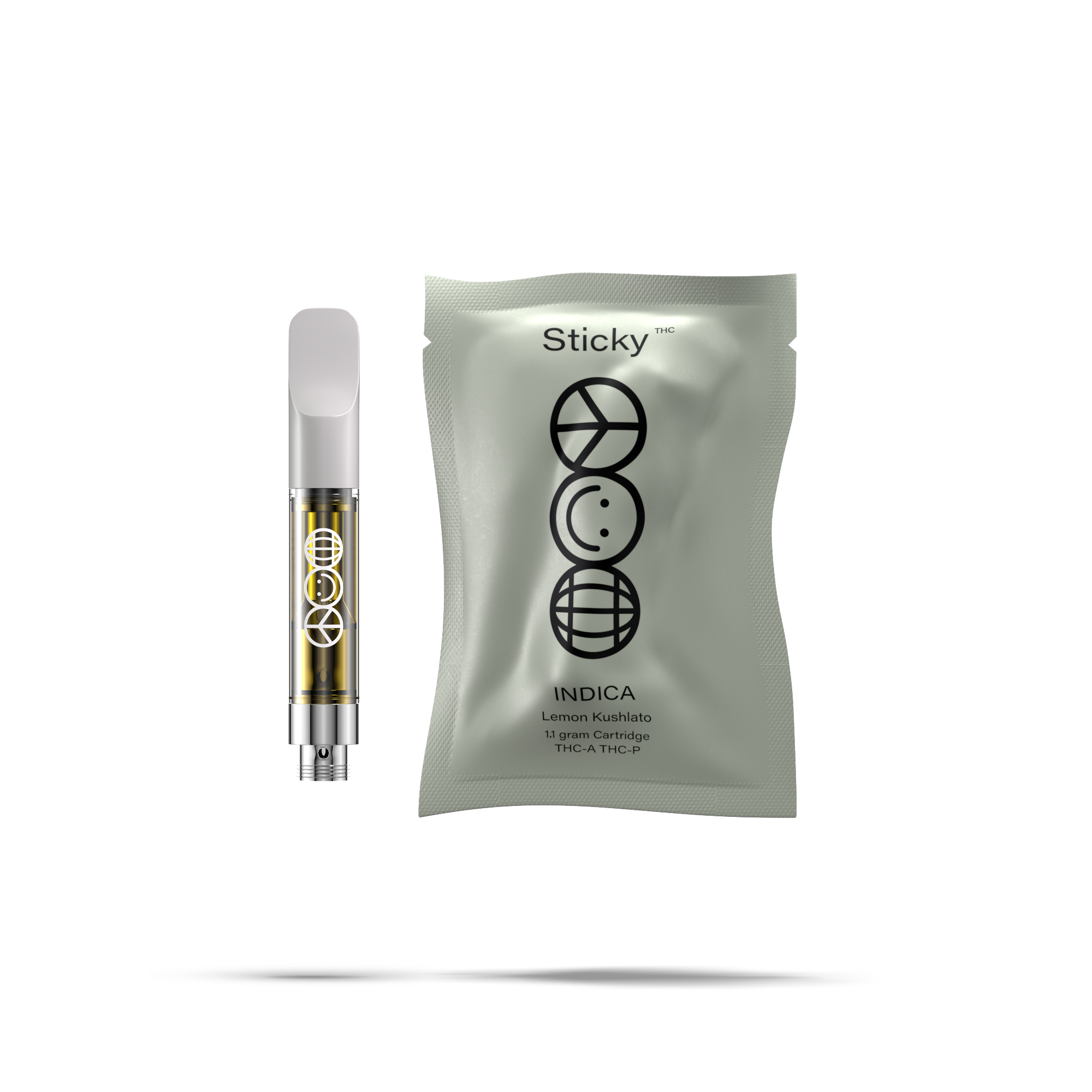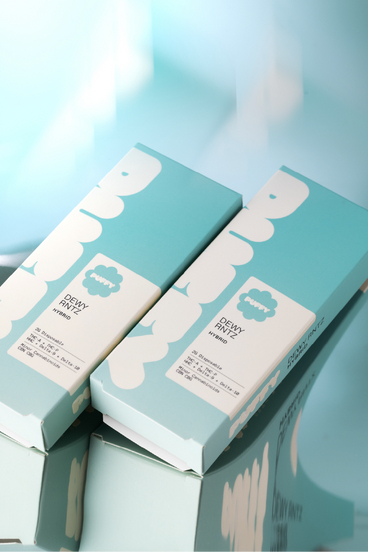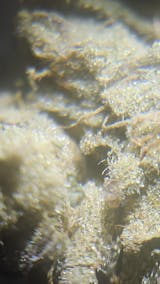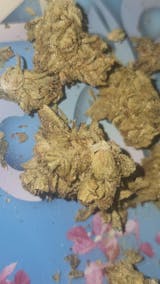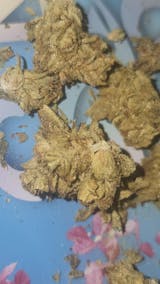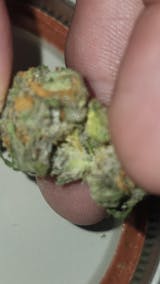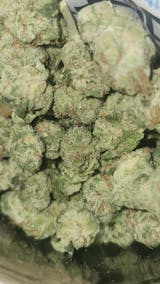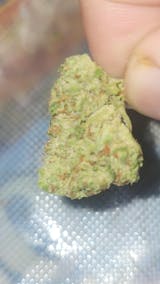Table of Contents
How drug tests work What substances do drug tests screen for? A positive result depends on which type of drug test you're taking Which types of drug tests can detect THC? What THC level can trigger a positive urine drug test result? How long does Delta-9 stay in your system? How can you reduce your body's THC level? Final Thoughts
You received the news that you will have to take a drug test. The feeling of dread might flood over you. Followed by a series of questions: "When was the last time I smoked?" "What happens if I fail?" "Can I do something to ensure I pass my drug test?" We've all been there.
Like CBD and Delta 8, Delta 9 THC is a naturally occurring compound in hemp and marijuana. According to the federal Farm Bill, you can legally consume delta 9 products that contain less than 0.3% THC per net weight. Now, while this law protects you when consuming alt-cannabis products, it doesn't have the same effects on drug screenings. Even in states where marijuana is legal, you can still be eligible for a THC test. Testing positive for Delta 9 THC could harm your employment, court case, or sports organization. Yes, Delta 9 does show up on a drug test.
Let's start with an overview of how drug tests work.
A drug test is a process that screens for current or prior drug use. The participant, you, will be required to provide a biosample such as urine or hair. The test looks for specific substances or chemicals related to a particular drug. If a substance is detected, your test is positive.
Certain substances can remain in your urine or hair days or weeks later because of how your body metabolizes those substances. Your liver "digests" those substances, and during the process, residual metabolites remain in your blood, urine, saliva, sweat, hair, and lungs to be secreted out over time. Your body metabolizes substances at varying rates depending on how frequently you use them. A drug test aims to prove that you've used a substance, and the test doesn't differentiate between a light or heavy user.
The drug tests screen for the metabolites your body produces after your liver processes Delta 9 THC — a common metabolite is THC-COOH. The drug test accuracy varies by which test is used and which substance is being screened. Marijuana tests are relatively standard, making them incredibly accurate. According to the CDC, these urinalyses will show the correct results up to 95% of the time.
Since THC dissolves into fat, your body doesn't get rid of it as quickly as a water-soluble compound. The metabolite THC-COOH can stay with you for days or even weeks after the actual consumption date — even longer if you're a heavy consumer.
What substances do drug tests screen for?
You may be required to take a drug screening by a potential employer. Sports organizations use drug tests to screen for performance-enhancing drugs. Or you might be ordered to take one as part of a court case. The substances most often screened for include:
- Marijuana (weed, cannabis, hashish, etc.)
- Opioids (heroin, codeine, oxycodone, morphine, hydrocodone, and fentanyl)
- Amphetamines (including methamphetamine)
- Cocaine
- Steroids
- Barbiturates (such as phenobarbital and secobarbital)
- Phencyclidine (PCP)
Yes, it is still common to be screened for marijuana use. Before taking a drug test, you should be told what you're being screened for and how the results will be used. Talk to your healthcare provider if you have any questions or concerns about your test. Or you may contact the organization that ordered the test.
A positive result also depends on which type of drug test you're taking.
The most common drug tests are urinalysis and hair follicle tests. However, there are other types of tests to screen for drug use:
- Breath Test
- Saliva screening
- Blood tests
- Sweat drug screenings
Urinalysis, or a urine drug test, can screen for various substances accurately, and its metabolites detection window is significantly shorter than other drug tests. For example, amphetamines are only detectable up to three days after use. But amphetamine use can trigger a positive in hair follicle tests up to 90 days later.
Hair drug tests are the second most common screening method. This test samples a person's hair to determine drug use within a specific timeframe. Hair is trimmed close to the scalp and then sent to a lab. The hair undergoes two tests: enzyme-linked immunosorbent assay (ELISA) and gas chromatography-mass spectrometry (GC-MS). These two tests determine whether the individual has used a range of substances in the past 90 days.
Hair follicle tests can detect drug use over a longer window, but this test is rare. Urine tests are used more frequently because of their accuracy and quick results. The US federal government doesn't support hair drug testing, but this policy may change.
Which types of drug tests can detect THC?
Typically, you will receive a urine test if you're being screened for marijuana. This urine test looks for traces of the metabolites that process Delta 9 Tetrahydrocannabinol — commonly known as THC.
Your body processes THC quickly, and you'll feel the "high" wear off in a few hours at most. Depending on how frequently you use THC, the metabolite (THC-COOH) can appear in your urine 3 to 30 days later. The metabolite THC-COOH is not psychoactive but is very lipid-soluble. After the effects of THC wear off, THC-COOH will remain in your body's fat storage for days.
What THC level can trigger a positive urine drug test result?
A positive urine test occurs when more than 50 nanograms of THC per milliliter (ng/mL) are in the sample. You can have 50 nanograms in your system if you've smoked in the last 3 days or are a chronic user. Your drug test results will be negative if your Delta 9 THC levels are below this. Urine tests can't show how long it's been since you last used marijuana, and they can only identify if THC is present at a certain level.
How long does Delta 9 stay in your system?
Studies have shown that your body excretes 80-90% of the metabolite within five days. Depending on how frequently you use marijuana, it can take longer for THC to leave your system. Here is a basic breakdown of how long Delta 9 can stay in system and trigger a positive test result:
- Single Use = Up to 3 days later
- Moderate Use (4 times per week) = Up to 5 days later
- Heavy Use (daily) = Up to 10 days later
- Chronic Heavy Use = Up to 30 days later
*These approximate times help guide you on how long the metabolites might remain in urine.
Several factors can affect whether or not Delta 9 THC will show up on a drug test:
- Age: As we age, our bodies take longer to metabolize compounds, including THC.
- Method of Consumption: Different delta 9 products stay in the system for different periods. Delta 9 Edibles take longer for your body to break down than smoking THC. The difference in how long it takes for your body's metabolism is typically a day.
- Frequency of Use: As noted above, the more THC you consume, the longer it stays in your system. Larger and more frequent doses mean you'll see metabolites in your system for extended periods. Occasional users release THC metabolites from their system faster than chronic users.
- Body Fat Content: Because THC is lipid-soluble, the metabolites are stored in your fat. In theory, if you have a lower body fat content, you release THC much faster.
Your age, method of consumption, frequency of Use, and individual metabolism all play a role in how your body processes Delta 9. These factors help give you an idea of how likely you'll pass a drug screen, and it's best not to leave it to chance.
How can you reduce your body's Delta 9 THC level?
The internet has suggestions for "how to pass a drug test." Some of these recommendations may not be in your best interest. Some methods include diluting your urine by drinking lots of water and taking B-12 vitamins. This method will appear as intentional dilution, and your employer will ask you to retake the test. Others suggest exercising before the test, which can backfire and cause your body to release stored THC from fat into your system. Some companies sell herbal teas and substances to "clean" the body. But there is little evidence that these remedies are effective.
The only way to reduce your body's THC levels is to stop using marijuana. Give your body enough time for the metabolites to be excreted. Any detox kit can make your sample look suspicious. Flushing your kidneys cause the creatinine levels in your urine to become abnormal. The lab conducting the test will assume you were trying to tamper with the results. So you'll have to retake the drug screen, and the first test will be void.
Common Questions about Delta 9 Drug Tests
How Long Does Delta-9 Stay in Your Urine?
- Occasional Delta-9 User (approximately 3x per week) – up to 3 days
- Moderate Delta-9 User (approximately 4x per week) – 5 to 7 days
- Frequent to Heavy Delta-9 User (daily user) – 15 days or more
- Extremely Heavy Delta-9 User (multiple times per day) – 30 days or more
How Long Does Delta-9 Stay in the Blood?
- Occasional or Moderate Delta-9 User – approximately 1 to 2 days
- Frequent or Extremely Heavy Delta-9 User – up to 25 days or more
How Long Does Delta-9 Stay in the Saliva?
- Occasional or Moderate Delta-9 User – approximately 1 to 3 days
- Frequent or Extremely Heavy Delta-9 User – 1 to 29 days
How Long Does Delta-9 Stay in the Hair?
Hair Test - up to three months or 90 days
Final Thoughts
Marijuana drug screenings and testing have been commonplace for decades. With the rise in alt-cannabis products like CBD, Delta 8 and Delta 9, more individuals are worried about testing positive for marijuana. "Diet weed" options might seem safe until faced with a potential drug test.
If you are a consumer, educating yourself on the legality of Delta 9 THC in your state is essential. Take the time to understand the potential risks of consumption. Be aware of upcoming drug tests and give your body enough time to metabolize THC. Erring on caution will benefit only when a drug test is on your calendar.
FAQ
Will 0.3% delta 9 THC show up on a drug test?
It depends on when and how much THC you took. A positive urine test happens when more than 50 nanograms of delta 9 THC per milliliter (ng/mL) are in the sample. If you've smoked in the last 3 days or are a chronic user, you are allowed to have 50 nanograms in your system. Your drug test results will be negative if your Delta 9 THC levels are below that.
Elena Schmidt 
Writer
Elena Schmidt is a writer, entrepreneur, and yoga teacher in Austin, Texas. She holds a journalism degree from the University of Miami and spent nearly a decade in editorial and content management for the health and beauty sectors. Today, Elena runs a boutique content marketing agency targeted towards brands that matter. Elena has found her passion supporting industries like plant medicine, cannabis, psychedelics, and wellness. She has written countless articles on these subjects and is passionate about spreading the word to those who need it most.


